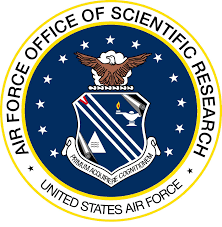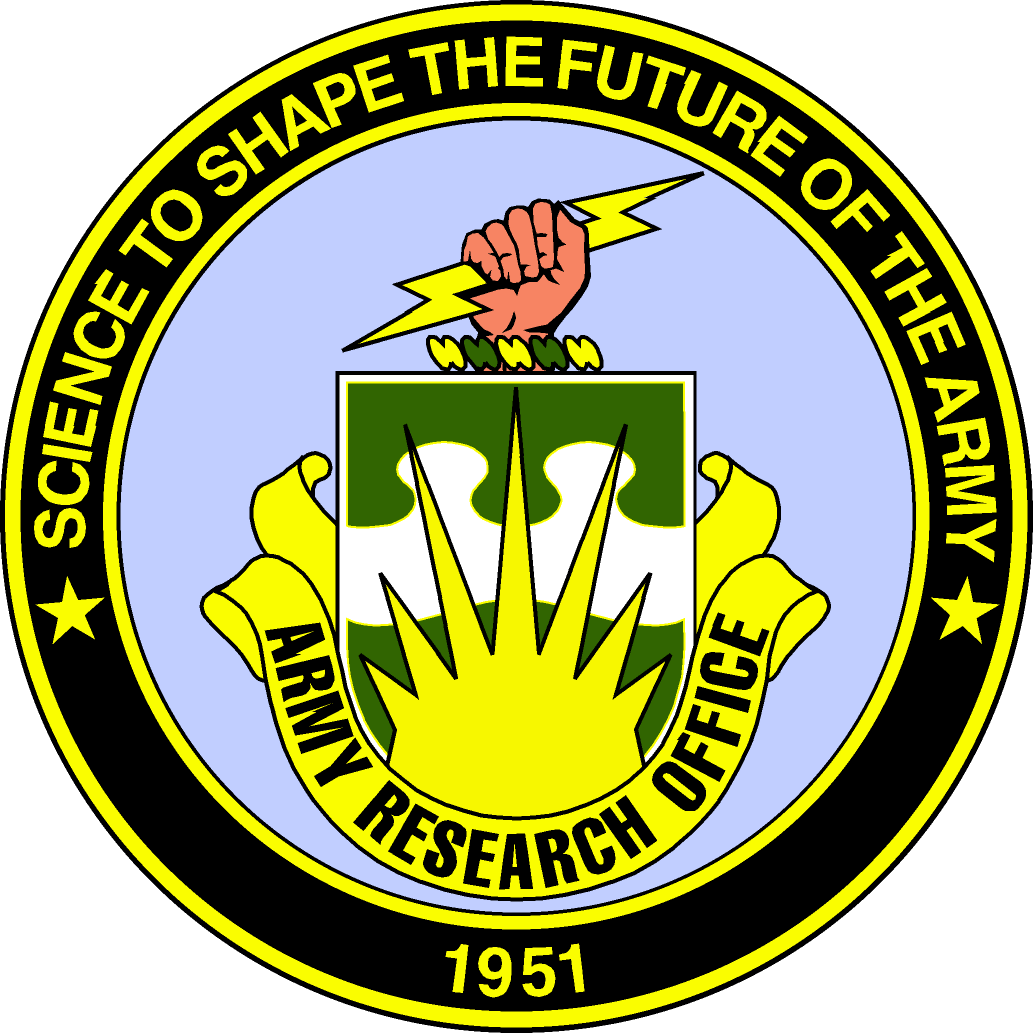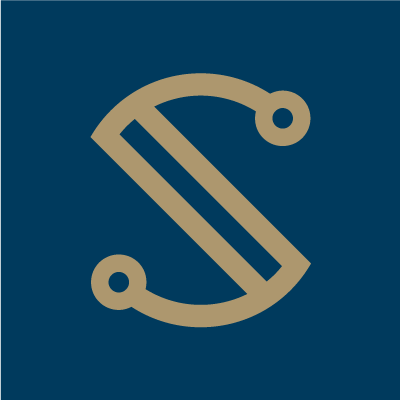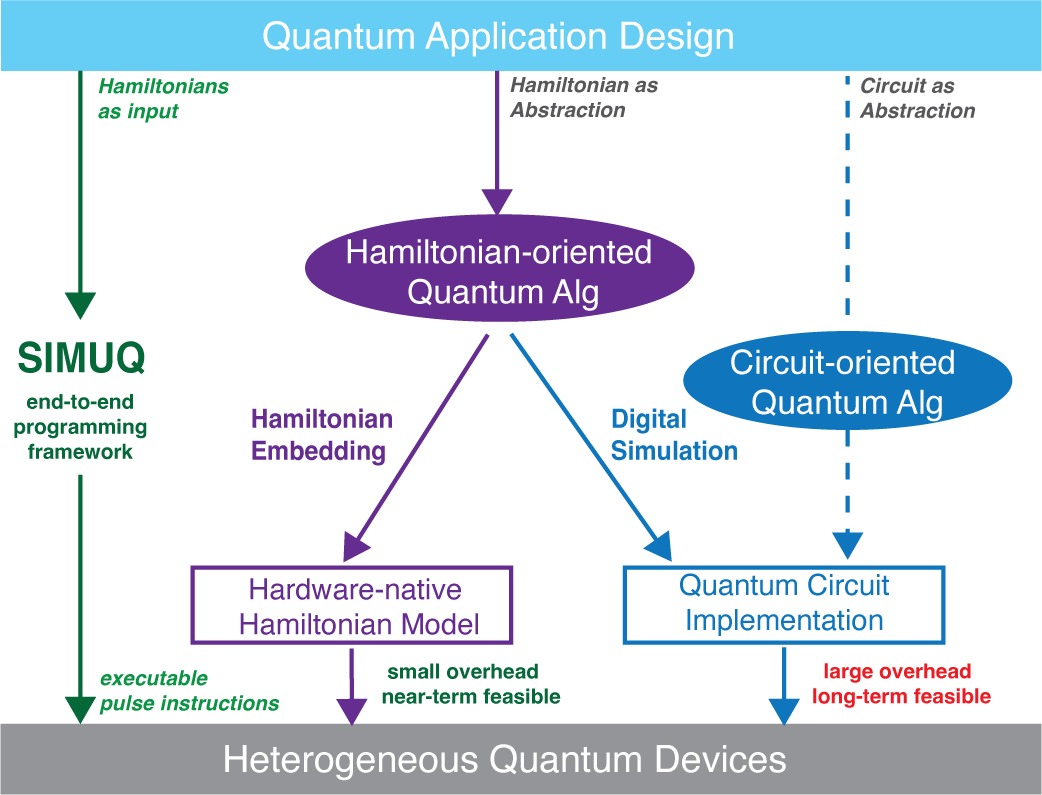About me
Xiaodi Wu ( in simplified Chinese  ) )

I am an Associate Professor in the Department of Computer Science and Institute for Advanced Computer Studies at the University of Maryland, College Park, and a Fellow at the Joint Center for Quantum Information and Computer Science (QuICS). I am also an Amazon Visiting Academic working for AWS Braket. I am a recipient of the Sloan Research Fellowship, NSF CAREER, and AFOSR YIP awards.
Before coming to Maryland, I was an Assistant Professor in the Computer and Information Science Department at the University of Oregon from 2015 to 2017. Before that, I was a Postdoctoral Associate at Massachusetts Institute of Technology from 2013 to 2015 (advisor: Aram Harrow, Scott Aaronson). I was also a Simons Research Fellow at the Simons Institute for the Theory of Computing at Berkeley, for the program of Quantum Hamiltonian Complexity in Spring 2014 (advisor: Umesh Vazirani). I also spent two summers at the Institute for Quantum Computing, University of Waterloo as a student intern (advisor: John Watrous).
I received my Ph.D. in theoretical computer science in 2013 (advisor: Yaoyun Shi) from the University of Michigan, Ann Arbor. I received my B.S. degree in mathematics and physics in 2008 from the Academic Talent Program, Tsinghua University.
Research Interests
My research aims to bridge the gap between theory and practice for quantum computing by taking a full-stack software-hardware-algorithmic co-design approach. Specifically, my current research interests include:
developing practical and deployable quantum applications (e.g., in optimization, machine learning, and simulation) by investigating computational models that capture the native programmability of quantum devices;
building efficient and reliable systems to operate near-term and long-term quantum devices, including, e.g., the design and implementation of the programming interface, the design and implementation of real-time control systems for quantum devices, and quantum operating & network systems;
automation and optimization of quantum application co-design with programming languages and machine learning techniques;
investigating the theory and practice of feedback control of quantum devices.
I also promote the paradigm of Hamiltonian-oriented Quantum Algorithm Design and Programming, which treats quantum Hamiltonian evolution as the central object in end-to-end quantum application design.
We illustrate that the Hamiltonian-oriented design not only allows more efficient implementation of known quantum algorithms but also inspires novel quantum algorithms, especially in optimization and scientific computing (e.g., Quantum Hamiltonian Descent), which are hard to perceive in the circuit model. We also develop a programming infrastructure (i.e., SimuQ) for easy implementation of Hamiltonian-based quantum applications for domain experts on heterogeneous quantum devices. Please check my Research Overview for details of my existing and ongoing projects.
Please also check the Advancing Quantum Computation Beyond Gate-Model (BGM 2024) workshop, which I co-organized to promote the Hamiltonian-oriented paradigm for end-to-end quantum applications.
Shortcuts to GitHub Projects from my group.
Hamiltonian-oriented Algorithm Design and Programming
Infrastructure for Quantum System Engineering
A Certified Quantum Software Tool-Chain
Post-Quantum Cryptography: Certification of Security and Implementation
Differentiable Quantum Programming
Practical Verification of Specific Quantum Computing Tasks
Meta Programming for Quantum Computing
Quantum Program Synthesis
Quantum Machine Learning
Shortcuts to (Co-)Organized Workshops
Group Information
Postdocs:
Junyi Liu (2023-)
Liyi Li (co-advised with Mike Hicks, 2020 - 2023. Assistant professor at Iowa State University.)
Xiong Fan (co-advised with Jonathan Katz, 2020 - 2021. Assistant professor at Rutgers University. )
Robert Rand (co-advised with Mike Hicks, 2018-2020. Assistant professor at University of Chicago.)
QuICS Hartree Postdoctoral Fellows (who I have closely worked with): Penghui Yao (now Professor at Nanjing University), Xin Wang (now Associate Professor at HKUST(Guangzhou)), Cedric Lin (now at AWS Braket).
Current Students:
(Ph.D.) Jacob Young, Ethan Hickman, Haowei Deng, Yufan Zheng, Yingkang Cao, Yi Lee, Connor Clayton, Joseph Li, Suying Liu, Haohai Shi, Gengzhi Yang
News
12/2024, our research papers On the Computational Complexity of Schrödinger Operators and A quantum central path algorithm for linear optimization will appear in QIP 2025 as contributed talks.
09/2024, I am co-organizing the Advancing Quantum Computation Beyond Gate-Model (BGM 2024) workshop on October 7 - 9, 2024 at the University of Maryland, College Park. Please register for the workshop if you are interested in attending.
09/2024, our research paper Differentiable Quantum Computing for Large-scale Linear Control will appear at NeurIPS 2024.
09/2024, our research paper QHDOPT: A Software for Nonlinear Optimization with Quantum Hamiltonian Decent will appear in the INFORMS Journal on Computing.
07/2024, our research paper Efficient Routing on Quantum Networks using Adaptive Clustering will appear in the Proceedings of the 32nd IEEE International Conference on Network Protocols (ICNP 2024).
07/2024, our research paper Microwave signal processing using an analog quantum reservoir computer will appear in Nature Communication.
04/2024, our research paper Qafny: A Quantum-Program Verifier will appear in the Proceedings of the 38th European Conference on Object-Oriented Programming (ECOOP 2024).
09/2023, two of our research papers SimuQ: A Domain-Specific Language For Quantum Simulation With Analog Compilation and A Case for Synthesis of Recursive Quantum Unitary Programs will appear in the 51st ACM SIGPLAN Symposium on Principles of Programming Languages (POPL 2024).
05/2023, our research paper A Formally Certified End-to-End Implementation of Shor's Factorization Algorithm appears in the Proceedings of the National Academy of Sciences (PNAS).
05/2023, please check our research paper Fixing and Mechanizing the Security Proof of Fiat-Shamir with Aborts and Dilithium (to appear in CRYPTO 2023) on how a serious security-proof bug is discovered by formal verification and is later fixed for Dilithium (NIST's choice of the post-quantum digital signature scheme).
04/2023, our research paper Analyzing Convergence in Quantum Neural Networks: Deviations from Neural Tangent Kernels will appear in ICML 2023.
02/2023, I am honored to receive the Sloan Research Fellowship.
02/2023, please check our new domain-specific programming language for quantum simulation (SIMUQ) which supports analog compilation through a newly developed abstraction called the abstract analog instruction set (AAIS) that models the programmability of heterogeneous analog quantum devices.
02/2023, our research paper Distributed Quantum Sensing Network with Geographically Constrained Measurement Strategies will appear at the 2023 IEEE International Conference on Acoustics, Speech and Signal Processing (ICASSP 2023).
01/2023, my group will give four talks in APS March Meeting 2023 at session A64, A72, G70, and Y70.
12/2022, check our website for Quantum Hamiltonian Descent, and my talk at the Fields institute.
11/2022, our research paper A Convergence Theory for Over-parameterized Variational Quantum Eigensolvers will appear at QIP 2023.
09/2022, our research paper Differentiable Analog Quantum Computing for Optimization and Control will appear at NeurIPS 2022 as a featured paper.
06/2022, our research paper Verified Compilation of Quantum Oracles will appear at the OOPSLA 2022.
02/2022, our research paper Algebraic Reasoning of Quantum Programs via Non-Idempotent Kleene Algebra will appear at the 43rd ACM SIGPLAN Conference on Programming Language Design and Implementation (PLDI 2022).
02/2022, our research paper Constant-round Blind Classical Verification of Quantum Sampling will appear at Eurocrypt 2022.
10/2021, I gave an invited talk in a special session on quantum machine learning at the 40th International Conference on Computer-Aided Design (ICCAD 2021). slides video
07/2021, our research paper EasyPQC: Verifying Post-Quantum Cryptography will appear at the ACM Conference on Computer and Communication Security (CCS 2021).
05/2021, Congratulations to Shouvanik Chakrabarti on the J.P. Morgan Chase FLARE Fellowship.
05/2021, our research paper Exponentially Many Local Minima in Quantum Neural Networks will appear at the 38th International Conference on Machine Learning (ICML 2021).
02/2021, Congratulations to Jiaqi Leng for presenting his first QIP talk Quantum Algorithms for Escaping from Saddle Points.
01/2021, Congratulations to Yuxiang Peng for winning the 2nd place in Student Research Competition (SRC) at POPL 2021.
01/2021, our research paper A Verified Optimizer for Quantum Circuits received a distinguished paper award at POPL 2021.
01/2021, I delivered a tutorial on the intersection of quantum computing and programming languages at POPL 2021. My slides are available here video.
12/2020, our research paper Sublinear Classical and Quantum Algorithms for General Matrix Games will appear at the 35th AAAI Conference on Artificial Intelligence (AAAI 2021).
11/2020, I am honored to be supported by the AFOSR Young Investigator Research Program (YIP) for developing Automated Security Analysis of Cryptographic Systems Under Quantum Attacks with formal methods.
10/2020, our research paper A Verified Optimizer for Quantum Circuits will appear at the 48th ACM SIGPLAN Symposium on Principles of Programming Languages (POPL 2021).
10/2020, our research paper Simulating Large Quantum Circuits on A Small Quantum Computer appears at Physical Review Letters.
02/2020, our research paper On the Principles of Differentiable Quantum Programming Languages will appear at the 41st ACM SIGPLAN Conference on Programming Language Design and Implementation (PLDI 2020).
02/2020, I am honored to be supported by the NSF CAREER award (CCF-1942837) for investigation on the foundation of end-to-end quantum applications.
11/2019, our research paper Quantum algorithm for estimating volumes of convex bodies will appear at QIP 2020 as a single-track talk.
09/2019, our research paper Quantum Wasserstein Generative Adversarial Networks will appear at the 33rd Annual Conference on Neural Information Processing Systems (NeurIPS 2019).
06/2019, our research paper Verified Optimization in a Quantum Intermediate Representation (extended abstract) will appear at Quantum Physics and Logic (QPL 2019).
04/2019, our research paper Sublinear quantum algorithms for training linear and kernel-based classifiers will appear at the 36th International Conference on Machine Learning (ICML 2019).
04/2019, our research paper Quantum SDP Solvers: Large Speed-ups, Optimality, and Applications to Quantum Learning will appear at ICALP 2019.
11/2018, our research papers Quantum SDP Solvers: Large Speed-ups, Optimality, and Applications to Quantum Learning and Quantum algorithms and lower bounds for convex optimization will appear at QIP 2019.
10/2018, our research paper Quantitative Robustness Analysis of Quantum Programs will appear at the 46th ACM SIGPLAN Symposium on Principles of Programming Languages (POPL 2019).
01/2017, our research papers General randomness amplification with non-signaling security and Limitations of semidefinite programs for separable states and entangled games appeared at QIP 2017.
01/2017, our research paper Invariants of Quantum Programs: Characterizations and Generation appeared at the 44th ACM SIGPLAN Symposium on Principles of Programming Languages (POPL 2017).
Research supported by
 |
National Science Foundation (NSF)
|
 |
Department of Energy (DOE)
|
 |
Air Force Office of Scientific Research (AFOSR)
|
 |
Army Research Office (ARO)
|
 |
Amazon Web Services (AWS)
|
 |
Alfred P. Sloan Foundation
|
I am part of the following collaborations:
Contact
Office: IRB 5210
Address:
Computer Science
5109 Brendan Iribe Center for Computer Science and Engineering
8125 Paint Branch Drive
University of Maryland
College Park, MD 20742
Email: xwu (at) cs.umd.edu
|

 )
)





